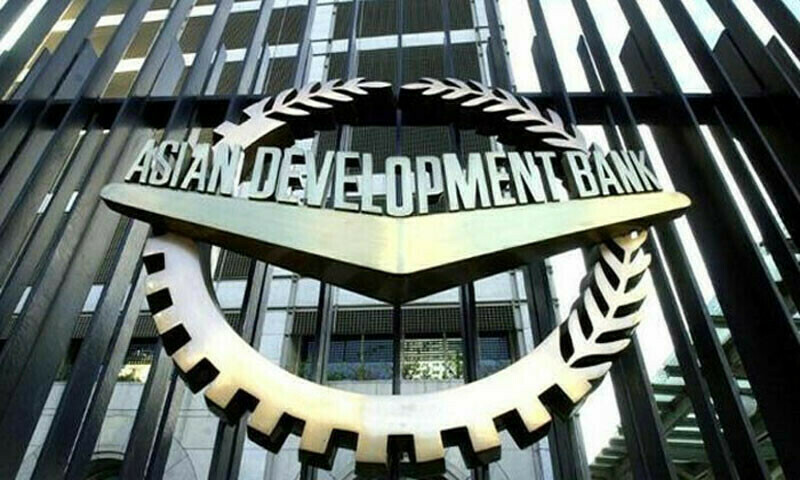ADB warns political turmoil and security risks threaten Pakistan’s economic recovery
The Asian Development Bank has cautioned that Pakistan’s fragile economic recovery is under significant threat from political instability, security issues, and external shocks.
In a fact sheet released for its member country, the bank stated that institutional and structural weaknesses, complex land acquisition processes, delays in public procurement, lack of local financial support, and fluctuations in currency and prices are affecting project preparation, implementation, and outcomes.
According to Business Recorder, the ADB said in its report that tripartite meetings between the bank, the government, and implementing agencies are proving helpful in addressing issues in ongoing projects in Pakistan.
The bank emphasized that maintaining fiscal discipline and continuing policy reforms are essential for Pakistan’s macroeconomic recovery and stability.
In particular, broadening the tax net, reforming state-owned enterprises, improving health and education sectors, strengthening climate resilience, and promoting private sector participation are of critical importance.
ADB has suggested that Pakistan needs to promote high-value exports, increase social spending, improve governance in the energy sector, and undertake comprehensive structural reforms to strengthen institutions, ensure transparency, and create employment opportunities.
According to the bank, as of December 31, 2024, ADB has initiated 764 public sector loans, grants, and technical assistance projects in Pakistan, with a total value of $43.4 billion. Currently, ADB’s sovereign portfolio in Pakistan comprises 53 loans and three grants, amounting to $9.13 billion.
In 2024, the bank provided financing for several key projects in Pakistan, including climate and disaster protection, energy, post-disaster recovery, public-private partnerships, social protection, and transport. ADB extended a $500 million policy-based loan for the first phase of the “Climate and Disaster Resilience Enhancement Program.”
Under this program, Pakistan’s institutional capacity will be improved, preparedness and response systems will be strengthened, and comprehensive investments in disaster prevention and climate resilience will be promoted. ADB has pledged a total of $1.5 billion in aid for the rehabilitation of areas affected by the 2022 floods between 2023 and 2025.
This includes a $400 million concessional loan for rebuilding damaged homes and community infrastructure in Sindh.
According to the report, as of December 31, 2024, ADB’s outstanding balances and undisbursed commitments for non-sovereign projects in Pakistan stood at $234.94 million, representing 1.82% of the bank’s overall private sector portfolio.
To date, Pakistan has received a total of $33.44 billion in sovereign and non-sovereign loans and grants, financed through the bank’s ordinary and concessional capital resources, the Asian Development Fund, and other special funds.
ADB has revealed that a new Country Partnership Strategy for 2026–2030 is being developed, which will identify the key challenges facing Pakistan and support the government in implementing reforms.
This planning will focus on promoting the private sector, public-private partnerships, climate change mitigation, social sector investment, digital transformation, good governance, and environmentally sustainable infrastructure.
For the latest news, follow us on Twitter @Aaj_Urdu. We are also on Facebook, Instagram and YouTube.























Comments are closed on this story.